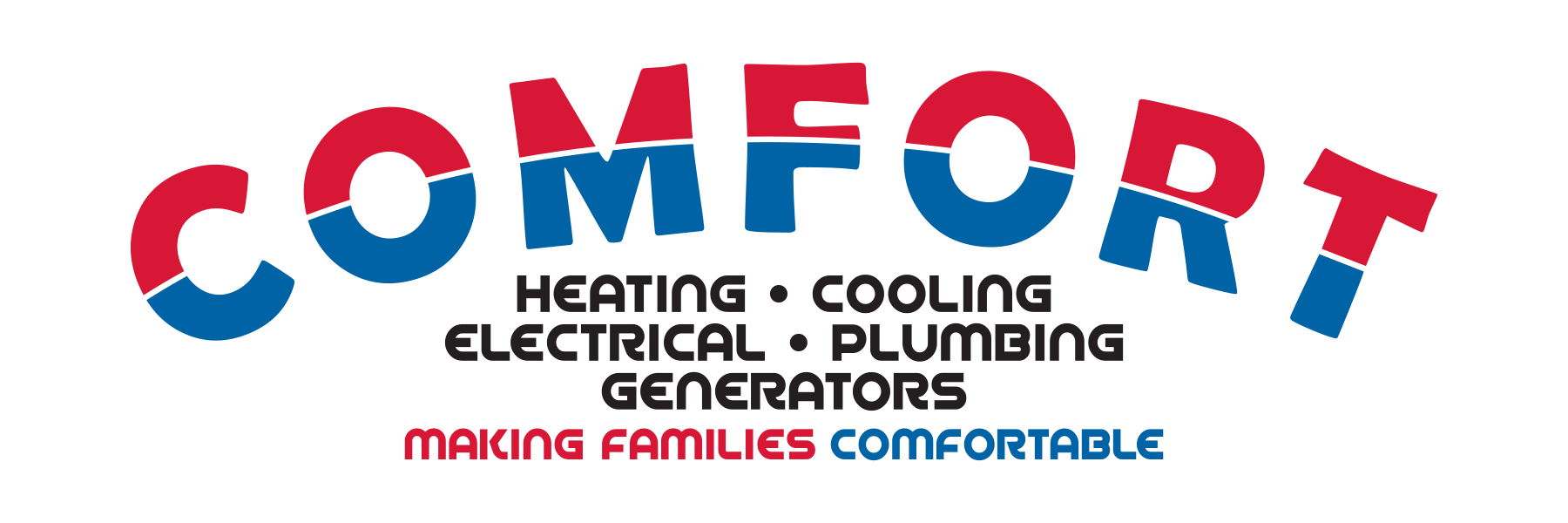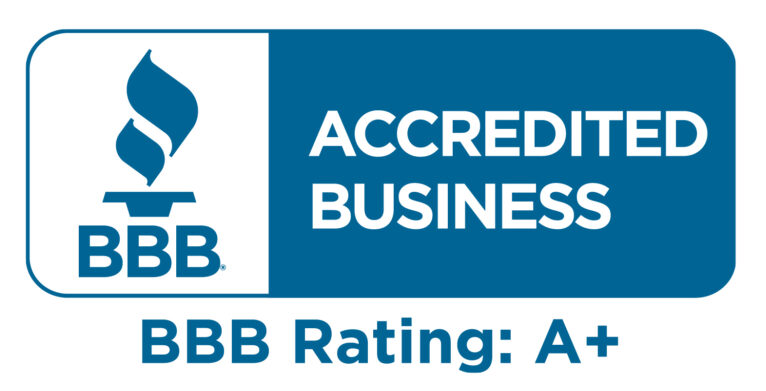Achieve Softer, Cleaner Water with Kinetico Water Softeners
Effective. efficient. Designed to Last.

Why Choose Kinetico Water Softeners
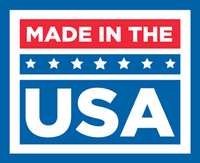
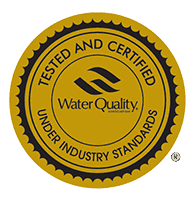
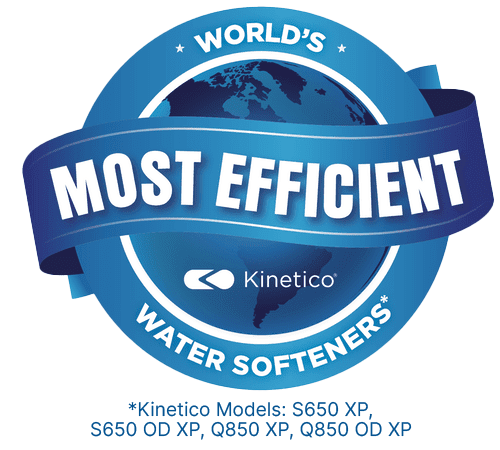
On-Demand Generation
Kinetico Water Softeners regenrate automatically whenever soft water is needed, instead of regenerating at set intervals.
Unmatched Efficiency
Kinetico water softeners are completely non-electric and use less salt than conventional systems because they regenerate only when soft water is required.
Tailored Solutions
Water hardness and quality vary significantly across our region. We begin with a thorough water analysis to identify your requirements. You may discover additional water issues that require attention, and Kinetico can fix them all.
Dual Tank Systems
You'll never go without soft water, even when your system is regenerating.
What Can Kinetico Water Softeners Do?
Glad You Asked.
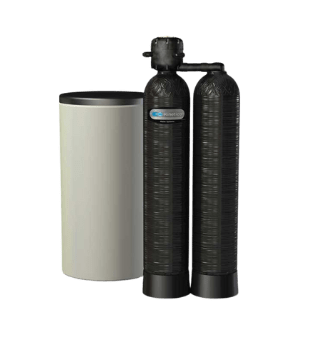
Save you money
You'll receive better cleaning results while using less chemicals and detergents. Hard water stains, soap scum, and scale are things of the past.
Protect your appliances
Clean, soft water enhances the life of your washer, dishwasher, water heater, coffee pot, refrigerator, and any other water-using equipment while preventing scale formation.
make your clothes whiter and brighter
Soft water is ideal for detergent performance. Your laundry will be whiter and brighter than ever before in addition to requiring less detergent.
protect your plumbing
By using soft water in all of your home's plumbing fixtures and pipelines, you can prevent scale buildup and save money on expensive replacements and repairs.
smooth your skin and hair
Soft water bathing is similar to taking a bath in a luxury spa. No more itching, dry skin or hair. The first time you experience it, you'll notice a difference right away!
eliminate water spots
Washing dishes, glasses, and silverware in soft water eliminates hard water stains.
Kinetico Water Softeners
Kinetico Powerline Series
Kinetico Premier Series
Have a Question? Contact Us Today!
Water Softener Buyer’s Guide
For homeowners, buying a water softener is an important—and somewhat confusing—process. When beginning their journey with a water softener, consumers will find the answers to their most important questions in this handbook.
Your water may appear clear. But all water contains certain dissolved minerals, such as calcium and magnesium. "Hard" water contains a high concentration of certain minerals. They leave a residue on your skin after bathing, cause cloudiness on glassware and shower doors, and require more soap and detergent to cleanse skin, dishes, and laundry.
To determine the hardness of your water, our water system specialists can conduct tests on it. Water that has 0 to 3.5 grains per gallon (gpg) is often regarded as soft. Anything over 10.5 gpg is extremely hard, water with 3.5 to 7 gpg is hard, and water with 7 to 10.5 gpg is moderately hard.
The term "water softening" only refers to the dissolved minerals in your water. The main targets of water filtration are pollutants such as chemicals, microorganisms, and silt. For the best possible water quality, many homeowners rely on both kinds of systems operating simultaneously.
Your water's dissolved mineral content is the only thing that water softening affects. Impurities like chemicals, germs, and silt are the main focus of water filtration. Many homeowners depend on both kinds of systems to provide the best possible water quality when they operate together.
Since water softeners are simple devices, their features are usually limited to mechanical operations:
On-demand regeneration: An ion exchange is used by the water softener to rejuvenate, cleaning the resin beads. This is carried out according to a timetable on various systems. In increasingly sophisticated systems, regeneration happens when a sensor determines that the reservoir of soft water is running low. This lowers the amount of energy and water used during the regeneration process.
Tank alternating: Larger systems frequently employ several tanks for regeneration and softening, which helps guarantee the availability of soft water, especially during periods of high demand.
Non-electric operation: Home electricity is used to power a lot of budget softeners. Better systems, like Kinetico, run on the kinetic energy of the water passing through them instead of electricity.
With water softeners, the adage "you get what you pay for" is true. Even though entry-level basic models may be purchased for less than $1,000, it's crucial to take into account how a water softener will affect a homeowner's quality of life. Budget systems may never function well enough to reliably supply soft water, necessitating costly and time-consuming maintenance and part replacement.
Rather than opting for shorter terms, buyers should approach a purchase with the understanding that they are making an investment of 10 to 20 years. A higher quality of life depends on the water in a home.
Water consumption is the primary determinant of the necessary system size, however there are other factors as well. The amount of bathrooms, tubs, and showers in a household, the frequency of use, and the plumbing system's capacity all affect consumption. Together with a homeowner, a certified water softening specialist can decide on the ideal system setup and capacity.
Operating softener systems is not very expensive. Restocking the softener salt required for regeneration is the homeowner's or a service provider's responsibility. Salt is sold by the bag at hardware stores and home centers. Service companies like Aquarius are also able to replenish and supply the water softener. The Kinetico system requires no external power source, so there is no cost associated with operating it. Additionally, depending on the model you bought, Kinetico offers five- to 10-year warranties. Comfort will visit your home on a regular basis to fix your equipment and take care of warranty issues.
This represents the water flow rate through the system. It is dependent upon the type of softener being used, the incoming water flow, and the appliances that the softer supplies to the house. Our water softener experts can recommend the best softener for your property based on flow rate.
The hardness of the water coming from the source, the frequency of softener maintenance (keeping the right amount of salt in the water for regeneration), and the total amount of water used all affect how much water is used. Kinetico systems are effective and made to contribute to a decrease in the quantity of water required for softening.
Water hardness is commonly measured in grains per gallon. Grains per gallon rates water in a similar way to the mg/L previously mentioned: less than three grains per gallon is categorized as soft water, three to seven grains per gallon is classified as moderately hard water, seven to ten grains per gallon is classified as hard water, and more than ten grains per gallon is classified as very hard water.
This is not something we advise. Inadequate installation can violate product warranties, and many insurance companies won't pay for damage done by unskilled workers installing water softeners. Furthermore, a trained water softener installation specialist may assist in making sure that softened water is not wasted in plumbing system zones that don't require it, such as irrigation systems and outdoor water spigots.
Leave the installation to the experts to protect your investment.
Reach out to Comfort right away. In addition to providing answers to your inquiries, our professionals can assist you in choosing the ideal whole-home water softening system.
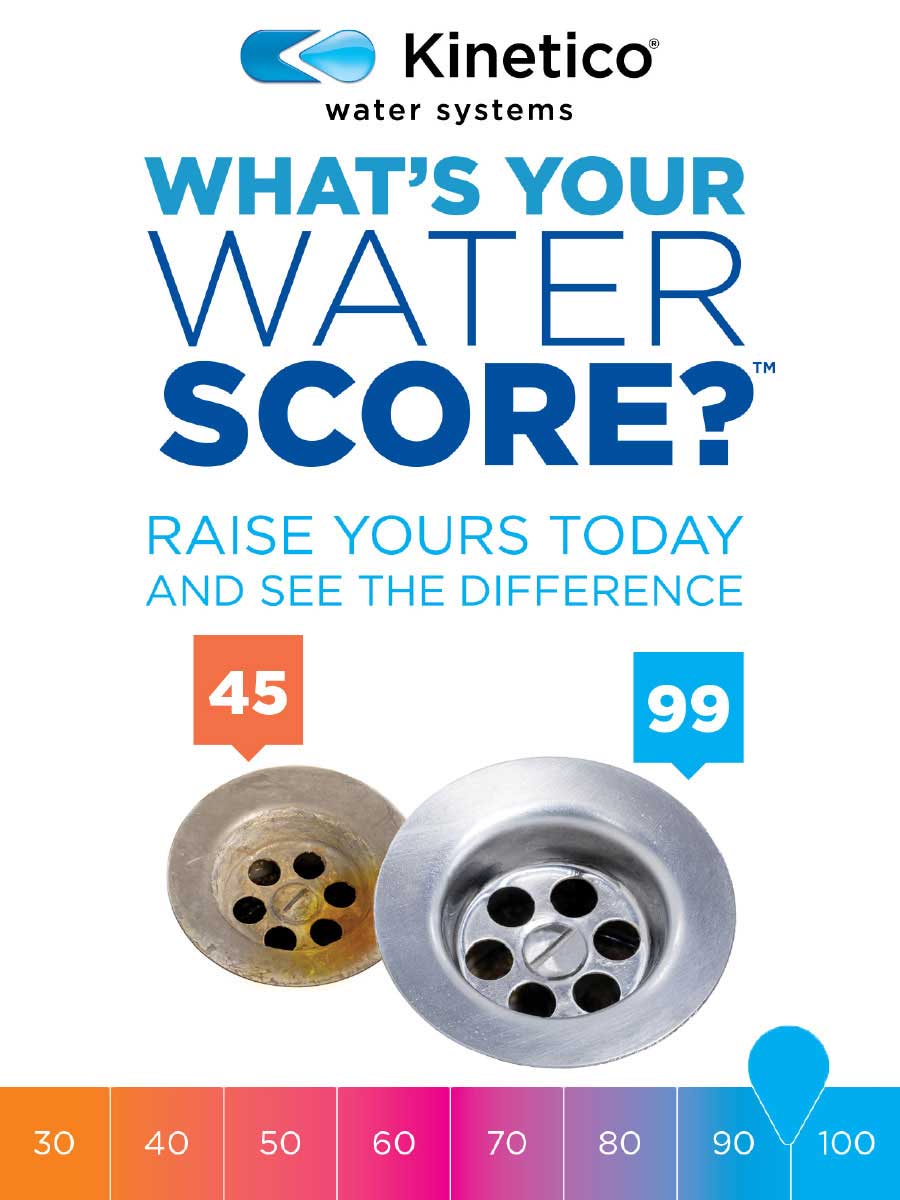
Take the First Step Get a Free Water Score
Request your complimentary water score today and receive a comprehensive water system and quality assessment at no cost. Our professionals are ready to provide insights and solutions to any water-related concerns you may have. The best water begins with your water score.
